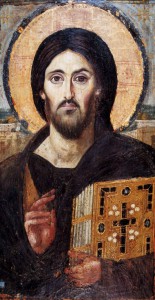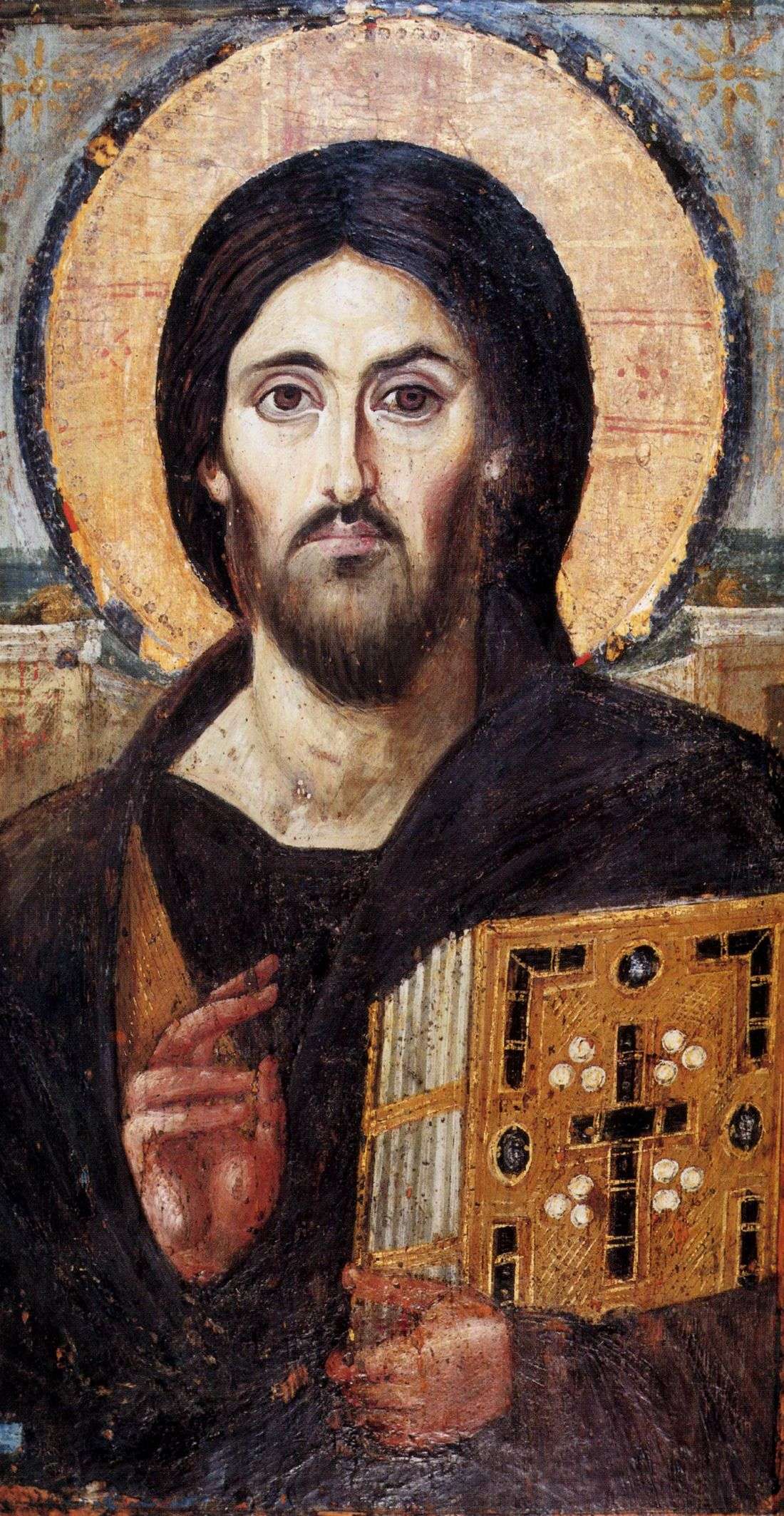 To Augusto Guzzo
To Augusto Guzzo
Via Santo Stefano Rotondo, 6
Rome. May 5, 1948
According to Catholic dogma, in Christ himself, in Jesus, God existed as in no other man. But I am not discussing that doctrine, but only the teaching of the Gospel (especially in John) that God and Christ himself will come to dwell within others, Christ’s disciples. Here it is evident that God and Christ are forms of thought and with which may be infused into other spirits. God is an ideal in them; whether he exists also hypostatically in himself, is a question of fact, objective information conveyed by faith and dogma, not a question of the complexion of spiritual life in a man when he or others say that God is dwelling in him.
When I say that Christ, being God, can reflect the whole divine nature, I am talking of the idea of Christ as conceived by Christian faith. I think that a myth: what I think real is the ideal and partial presence of divine will and knowledge and love in humain beings.
What you mean by “God humanised” is not clear to me. The divine nature in Christ, according to Christian faith, was not humanised: it remained simply divine. But it was conjoined with a human psyche, so that the latter became sacred, utterly united in intent, by faith and love, to the divine nature, yet preserving the temporal, successive, limited experience proper to a human being. And I should add, proper to existence itself. For the life of God in eternity is an idea only: it has moral reality, but does not designate an actual fulfilled existence. But this is an endless subject.
From The Letters of George Santayana: Book Eight, 1948-1952. Cambridge, MA: The MIT Press, 2008.
Location of manuscript: Unknown
